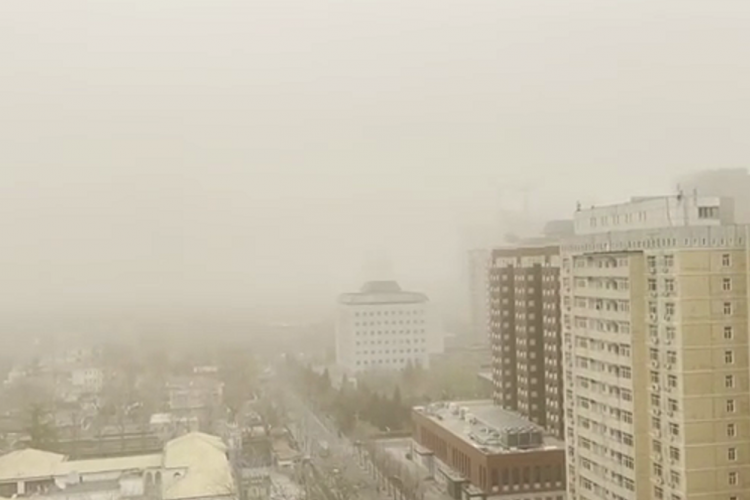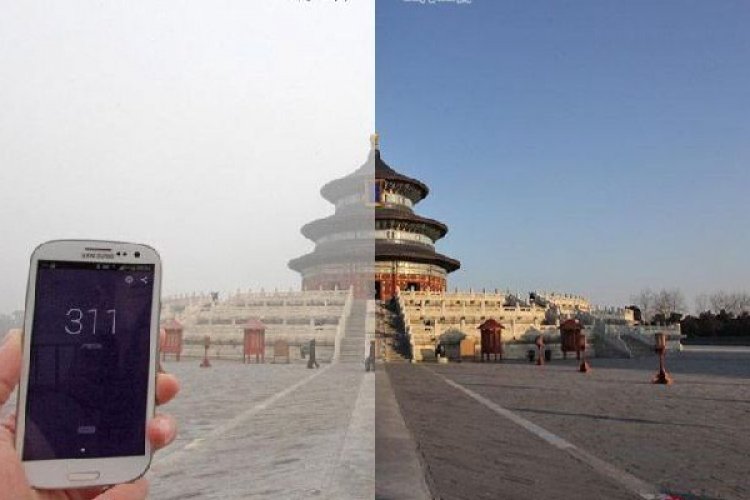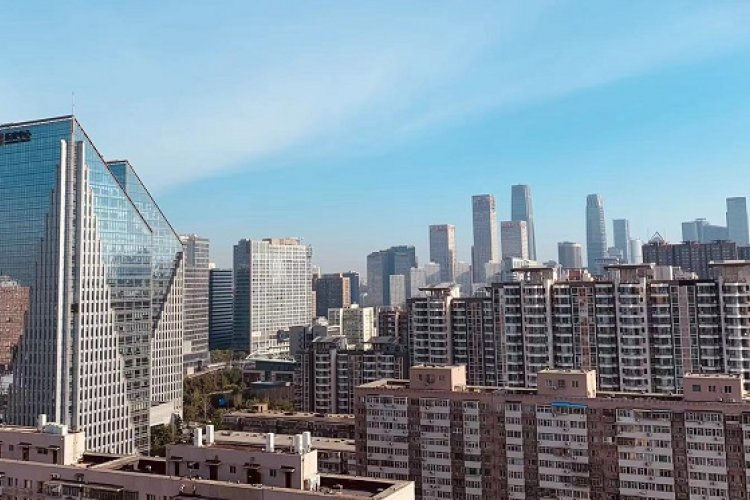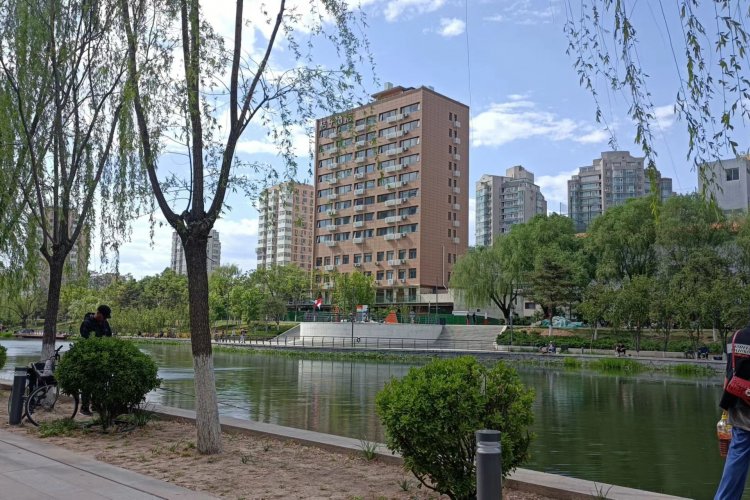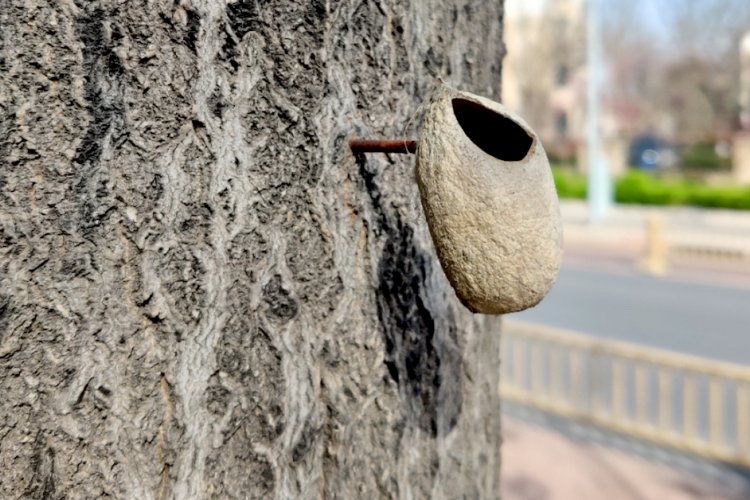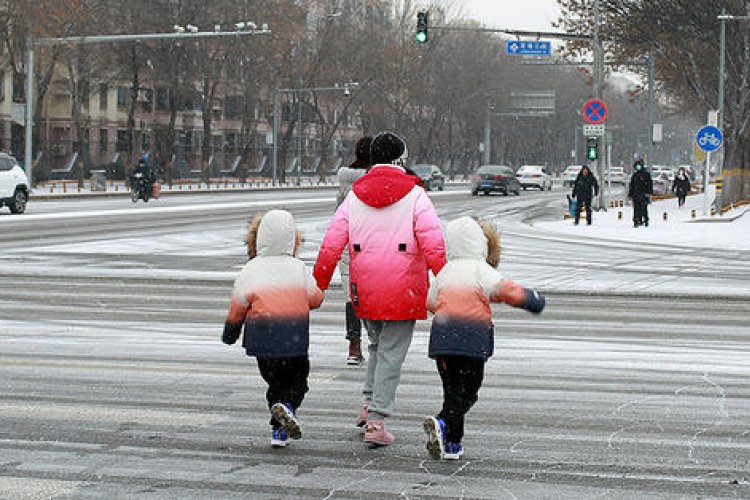Beicology: In Beijing, Cash Rules Everything (Including the Environment)
How bad is the smog these days, really? Who is keeping tabs on the state of our drinking water? What has the government done about carbon emissions lately? In Beicology we turn our focus toward environmental news in the capital.
A tax on carbon, investment in sustainable energy, electric vehicle subsidies – when ecology meets economy, these are the initiatives that come to mind. Yet, the relationship between a green society and the flow of red bills goes deeper than a few lofty policies. After all, it is said that money is all around us, isn’t that also true of the environment?
This week in Beicology, we look at the new ways that economists and environmentalists are coming to view this relationship through the lens of Beijing and find that it is very much a two-way street.
Does pollution affect consumer spending?
China as a whole has begun to recognize that its economy must move away from its reliance on exports and become a consumer economy. The city of Beijing has been leading the charge on this transition, pouring efforts toward invigorating shopping areas and going so far as to encourage residents to spend their cash on late-night partying.

Economists have long asked questions about how cities can be built to increase consumption, looking at factors such as population density, transport access, and crime. A new study now uses Beijing to ask: what about air pollution?
Using data from Dianping comments and Tencent positioning, the study attempts to measure how much consumption drops off on Beijing’s polluted days. The answer though may actually depend on the weather. Shopping and restaurant attendance fell by just one or two percentage points on your average polluted day, but mix high AQI with high heat and that number jumps up to five percent. That may sound small, but those marginal losses can chip away at the economy over time.
Notably, higher-end restaurants suffer greater losses on such days, which the authors attribute to groups of diners canceling or postponing their plans. However, this suggests that there may be a bit of a bounce-back effect: yes, people are spending less today, but they will spend more when the air clears up to make up for it. The data does support this theory to some extent, but the authors say more research is needed.
Another gap in the research is the effect on online consumption. When people cancel their plans, do they spend more on waimai? Might staying inside trigger boredom that in turn prompts a Taobao shopping spree? Whatever the case may be, the findings are enough to suggest that the retail and dining industries should consider their stake in the color of the sky.
Investing in Beijing’s suburbs: help or hindrance to the environment?
When you pour money into developing areas, do they end up polluting more or less? One theory purports that those on the receiving end of the funds will reduce regulations to win more investment, the result being that industries are not restricted from polluting and have more money to do so. Others argue that the investments actually enable industries to use cleaner tech, and should therefore reduce emissions.
Worldwide, there is evidence to support both views, and it ultimately depends on the specific situation in the region. With this in mind, researchers at Tsinghua University recently looked into the investments that flow from Beijing to its neighbors as part of developing the Beijing-Tianjin-Hebei (Jing-Jin-Ji) development project that aims to relieve an over-bloated Beijing of its burdens while simultaneously pumping up the limp surrounding regions.

These investments are not, by any means, consciously intended to have an environmental impact. More than half of the funds, for instance, went toward metalworking and metal manufacturing, which is not a particularly green field. Even still, the investments seem to have been effective in reducing emissions in almost every pollutant category – NH3, SO2, NOx, and smog. Only wastewater emissions rose in response to the investments.
But that is in terms of the total amount of money invested. When looking at the total number of investments made, pollutants in all categories fell, including wastewater. The authors say this is likely a reflection of the industries getting the message that with more government agencies interested in them, they are expected to cut back on emissions.
All of this is well and good if you live next to a factory in Hebei, but Beijingers ought to pay attention as well. Even if they don’t venture into suburbia, Beijing still shares airspace with its neighbors. Combating pollution in the surrounding areas means cleaner breaths in the city as well.
READ: Beijing Receives Good News From the Energy, Water, and Wildlife Sectors
Images: Nasdaq, Stay Visible, Market Watch, CKGBS Knowledge
Related stories :
Comments
New comments are displayed first.Comments
![]() Sikaote
Submitted by Guest on Fri, 05/01/2020 - 07:20 Permalink
Sikaote
Submitted by Guest on Fri, 05/01/2020 - 07:20 Permalink
Re: Beicology: In Beijing, Cash Rules Everything (Including...
Probably I am the only foreign devil in Beijing. Maybe there are one or two others but I haven't seen any.
yes, people are spending less today, but they will spend more when the air clears up to make up for it.
Hmmm. I'm not a rich man, but if I don't go out and eat today, I'm not spending more tomorrow. But I'm a foreign devil...
A foreign devil? In that case, you can't come inside anyway. Cheeky bassert!
![]() Sikaote
Submitted by Guest on Thu, 04/30/2020 - 12:31 Permalink
Sikaote
Submitted by Guest on Thu, 04/30/2020 - 12:31 Permalink
Re: Beicology: In Beijing, Cash Rules Everything (Including...
yes, people are spending less today, but they will spend more when the air clears up to make up for it.
Hmmm. I'm not a rich man, but if I don't go out and eat today, I'm not spending more tomorrow. But I'm a foreign devil...
Validate your mobile phone number to post comments.


